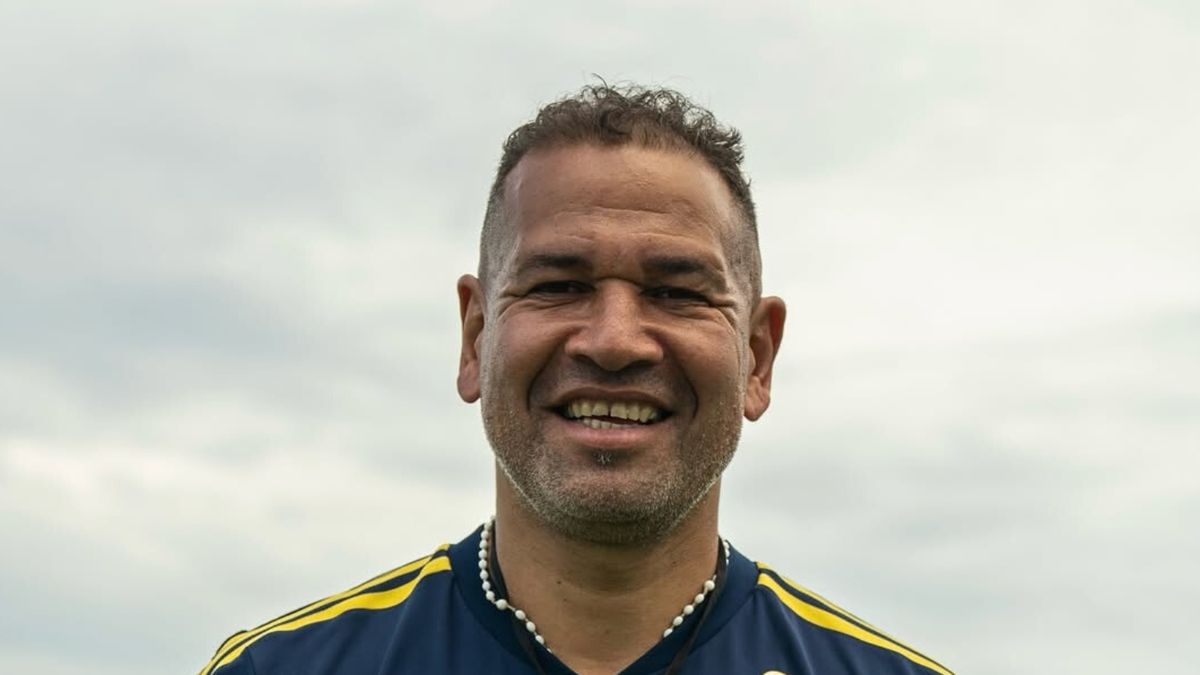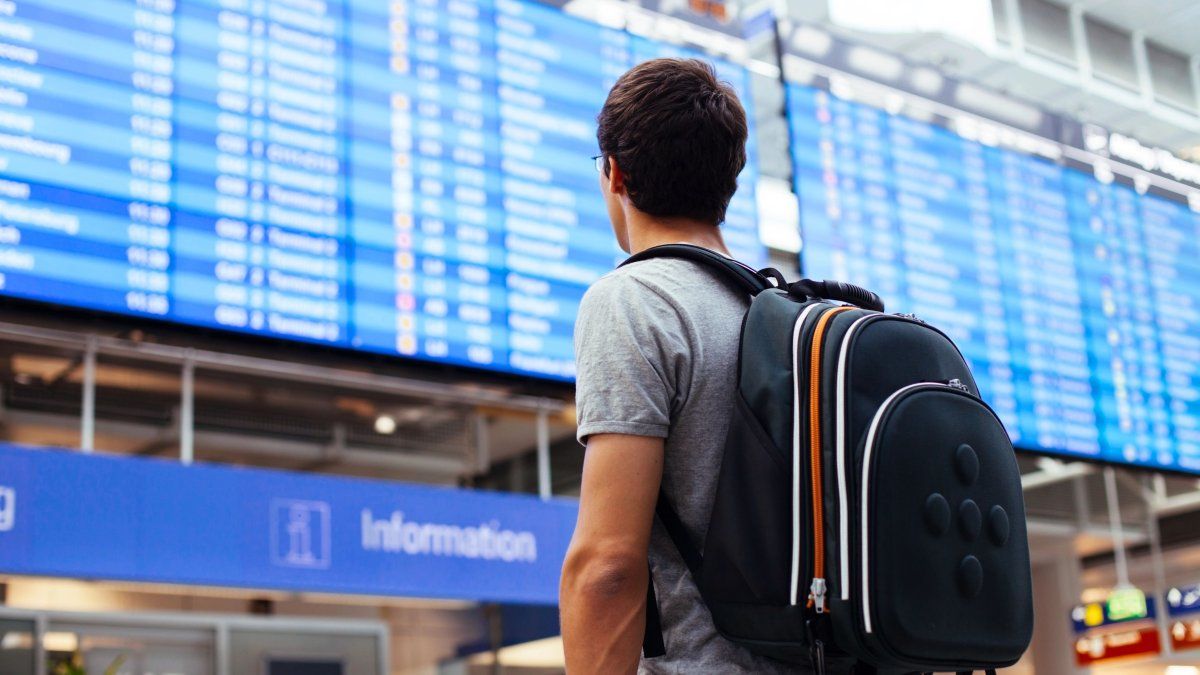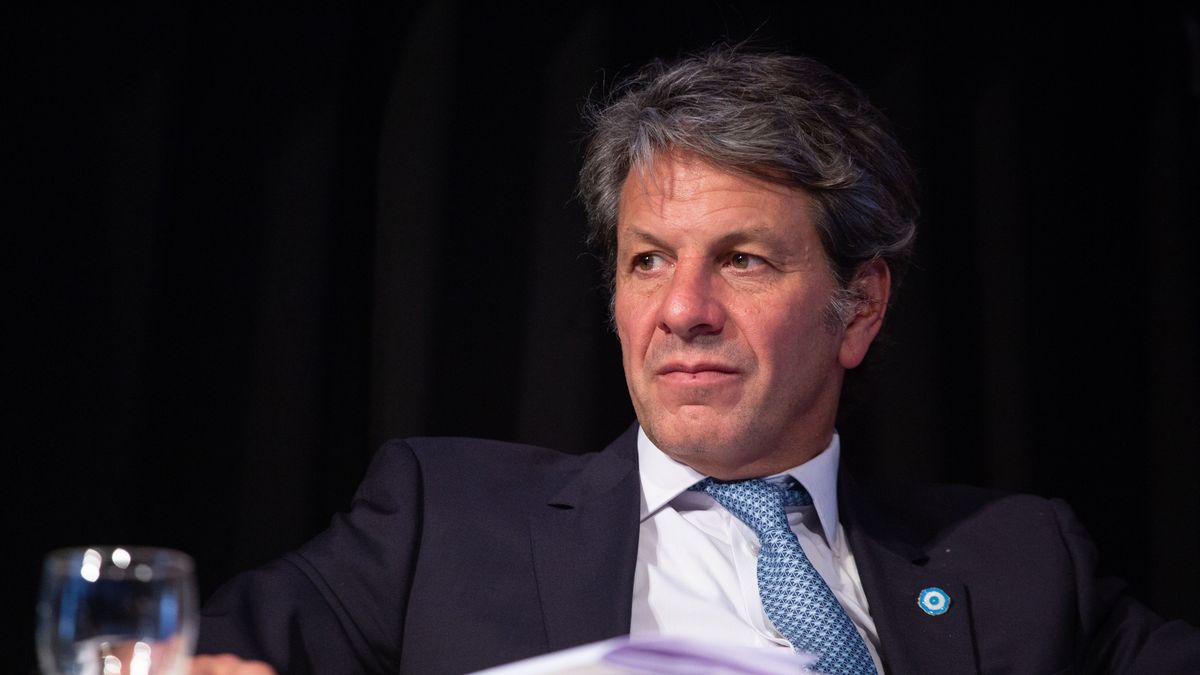Born in 1927 in Bavaria in Marktl am Inn, just a few kilometers from the Austrian border, Joseph Ratzinger had been close to the country since childhood, as he himself explained in 2007 before his official visit. The three-day visit of the German Pope to Vienna, Mariazell and Heiligenkreuz Abbey was the highlight of Benedict’s relations with Austria.
He loves Austria and this “since the Sunday hikes that we did at the beginning of the 1930s over the Salzach Bridge with our mother to Ostermiething, to Sankt Radegund and to other places on the Austrian side of the Salzach,” wrote the then Pope in a letter to the Austrians. A few days later, from September 7th to 9th, 2007, he spent three days in Austria. The highlight of his “pilgrimage” was the mass in the Styrian pilgrimage town of Mariazell on the occasion of the 850th anniversary. He also visited Vienna and the Cistercian Abbey of Heiligenkreuz.
The three-day visit was overshadowed by bad weather. Heavy rain caused a power outage at the liturgical opening ceremony at Am Hof in downtown Vienna. The Pope had to end his speech prematurely. In Mariazell, too, it rained throughout the entire mass that the Pope celebrated on the square in front of the basilica. Only during the Angelus prayer on Sunday did the sun show up a little, even though the wind visibly bothered the Pope. Despite this, more than 32,000 pilgrims came to the Upper Styrian place of pilgrimage.
Photo gallery: Pope Benedict visited Austria in pouring rain in 2007

(Photo: APA) Picture 1/30
view gallery
Nevertheless, according to Vatican experts, the visit of the Pope, who is considered to be not very charismatic, was “not a visit by the large masses”. Up to 500,000 Austrians followed the Pope’s visit on ORF television. The visit was almost entirely positively commented on by the local media. Comments ranged from “getting the best out of it” to the track record for the local church. Rather critically, it was noted that the Holy Father had not addressed problem areas within the Church.
Benedict’s relationship with Austria was less relaxed when it came to personnel decisions. When the arch-conservative Windischgarsten pastor Gerhard Maria Wagner was to become auxiliary bishop of Linz in early 2009, not only the church people were irritated. The procedure was criticized in a pastoral letter from the bishops’ conference chaired by Cardinal Christoph Schönborn, which was harsh on church conditions. The result was an audition by the bishops in the Vatican. Wagner ultimately asked the Holy See to withdraw his nomination.
Dealing with the Austrian pastors’ initiative must have been just as little fun for the Pope. The “disobedient” church rebels tried several times to speak to the Holy Father – without success. In his Maundy Thursday sermon, Benedict XVI. Finally responded to their appeal for “disobedience”: “We want to believe the authors of this appeal that they are moved by concern for the Church, that they are convinced that they are going to tackle the inertia of the institutions with drastic means in order to break new ground open. But is disobedience a way?”
But not only words, also deeds followed in the relationship with the church rebels. In November 2012, the spokesman for the pastor’s initiative, Helmut Schüller, had his papal honorary title “Monsignor” revoked. The deputy Vatican spokesman, Father Ciro Benedettini, did not want to comment on the reasons for the decision. “But you can understand them,” he said.
Cardinal Schönborn himself is considered a close confidante of Ratzinger since his years as prefect of the Vatican Congregation for the Doctrine of the Faith. In April, on the 95th birthday of the emeritus head of the church, Schönborn called Benedict XVI. in a statement to Kathpress, a “gift for the Church and for theology”. After his death, he described Ratzinger on Saturday as a “companion and role model” as a theologian, priest and bishop.
more from Weltspiegel
The end of a difficult cohabitation between the two popes
Benedict’s death: new territory for Vatican protocol
Giant fireworks in Sydney, New Year’s Eve trail opened in Vienna
More countries are introducing mandatory testing for travelers to China
My themes
For your saved topics
found new items.

info By clicking on the icon you add the keyword to your topics.
info
Click on the icon to open your “My Topics” page. They have of 15 tags saved and would have to remove tags.
info By clicking on the icon you remove the keyword from your topics.
Add the theme to your themes.
Source: Nachrichten



